Reward Deficiency Syndrome May Contribute To
Reward deficiency syndrome may contribute to. Reward Deficiency Syndrome or RDS is brain disorder characterized by a clinically significant deficiency of the essential neurotransmitter--Dopamine in the brains Reward Center specifically the midbrain and prefrontal cortex. Although there are some genetic ties to reward-deficiency syndrome it remains a theoretical model. D substance use disorders.
Reward Deficiency Syndrome RDS Addiction The common denominator underlying both chemical and behavioral addictions that also contributes to compulsive disorders such a obsessive compulsive disorder OCD as well as eating disorders PTSD ADD and certain anger disorders. Research has suggested that a reward deficiency syndrome may contribute to substance use disorders Your life would be most immediately threatened if you suffered destruction of the. People have a gene known as the DRD2 gene which is responsible for growing dopamine receptors while a fetus is still in the womb.
A biogenetic model for the diagnosis and treatment of impulsive addictive and compulsive behaviors. Dopamine a very powerful neurotransmitter controls feelings of well-being. This syndrome involves a form of sensory deprivation of the brains pleasure mechanisms.
All of the listed answers are correct. People who are carrying the D2A1 allele possess a variation that causes the body to develop an insufficient number of dopamine receptors. Reward deficiency leads you to seek out the biggest bang for your buck.
The term refers to an inborn chemical imbalance that alters the intercellular signaling in the brains reward process and can manifest itself as one or more behavioral disorders. Blum et al 1996 caused by a Brain Reward Cascade dysfunction is linked to polymorphisms in the Dopaminergic system that cause hypo-dopaminergic function and result in abnormal craving behavior Zhu and Shih 1997. Chronic usage of drugs andor alcohol may actually create a reward-deficient brain.
It is primarily acquired genetically but can also result from prolonged stress. Which makes sense because everyone wants to feel the excitement that dopamine. Research Has Suggested That a Reward Deficiency Syndrome May Contribute.
Using drugs such as. Reward Deficiency Syndrome RDS.
Reward Deficiency Syndrome or RDS is brain disorder characterized by a clinically significant deficiency of the essential neurotransmitter--Dopamine in the brains Reward Center specifically the midbrain and prefrontal cortex.
It also overlaps with and influences chronic pain. Problems with Reward Deficiency Syndrome Theory Drugs cause RDS. Research has suggested that a reward deficiency syndrome may contribute to A insomnia. This syndrome involves a form of sensory deprivation of the brains pleasure mechanisms. We have proposed that defects in various combinations of the genes for these neurotransmitters result in a Reward Deficiency Syndrome RDS and that such individuals are at risk for abuse of the unnatural rewards. Like most genes this one can have many variants. Reward deficiency leads you to seek out the biggest bang for your buck. Although there are some genetic ties to reward-deficiency syndrome it remains a theoretical model. Reward deficiency syndrome that occurs from birth is a results of a genetic variation.
D substance use disorders. Blum originated the concept of reward deficiency syndrome RDS in 1996. Dopamine a very powerful neurotransmitter controls feelings of well-being. Reward Deficiency Syndrome RDS Addiction The common denominator underlying both chemical and behavioral addictions that also contributes to compulsive disorders such a obsessive compulsive disorder OCD as well as eating disorders PTSD ADD and certain anger disorders. The dopaminergic system and in particular the dopamine D2 receptor has been implicated in reward mechanisms. A biogenetic model for the diagnosis and treatment of impulsive addictive and compulsive behaviors. Because of its importance the gene for the figure.
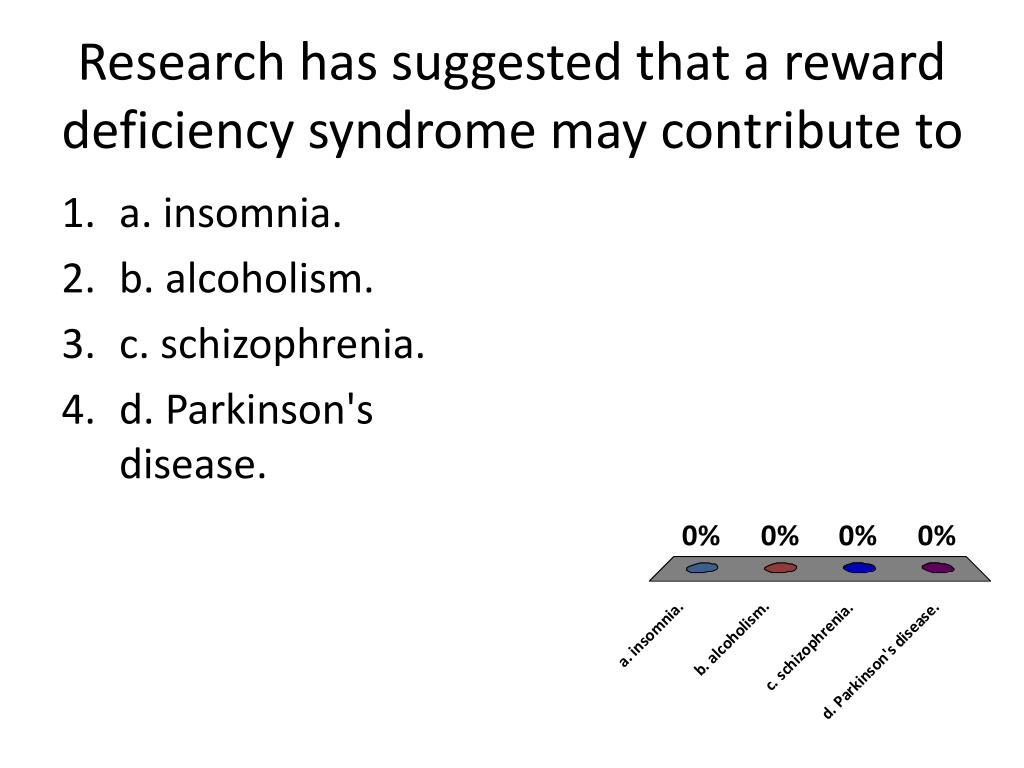










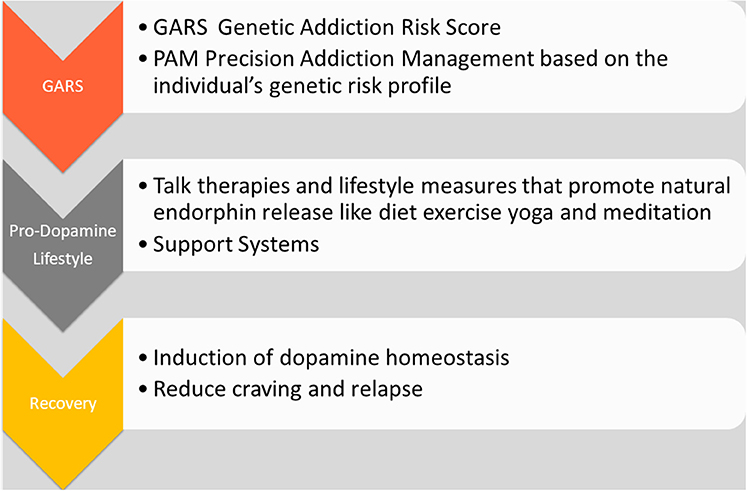







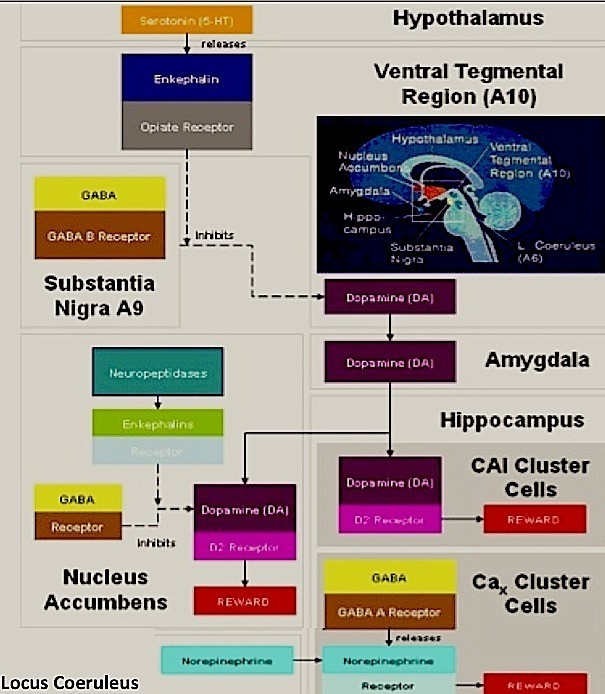



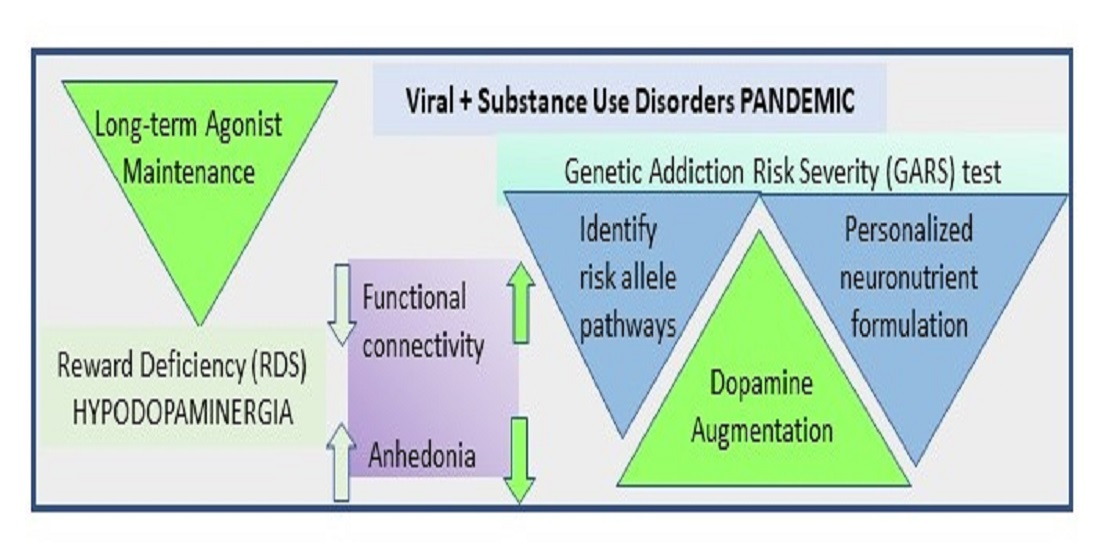
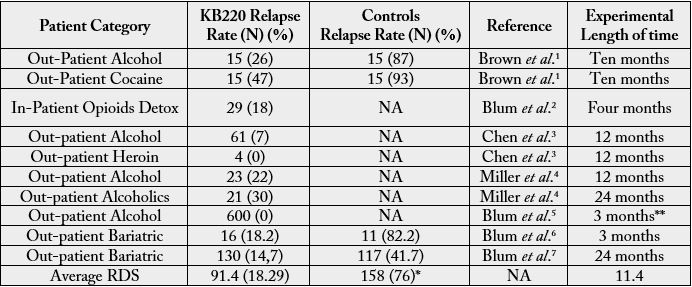


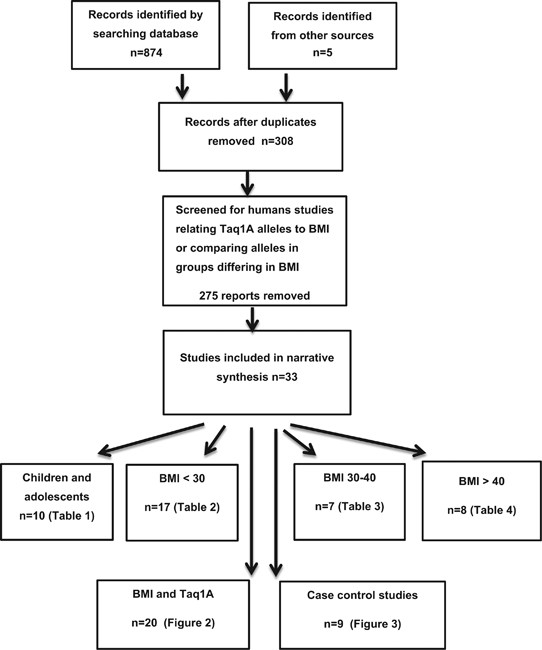



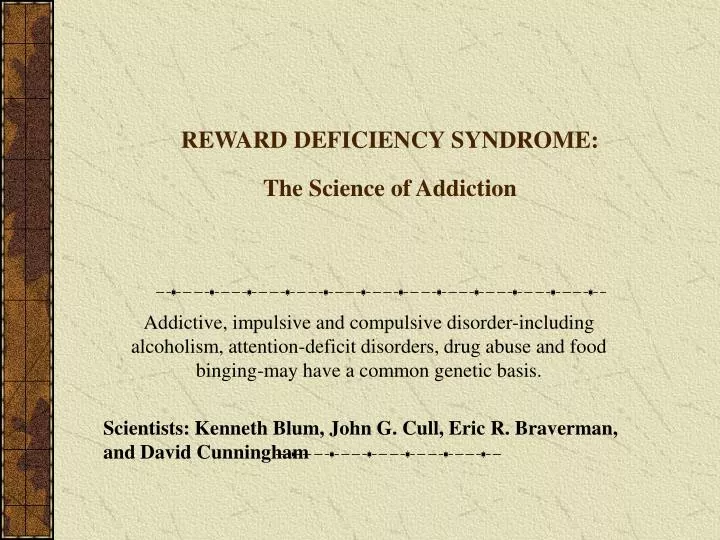
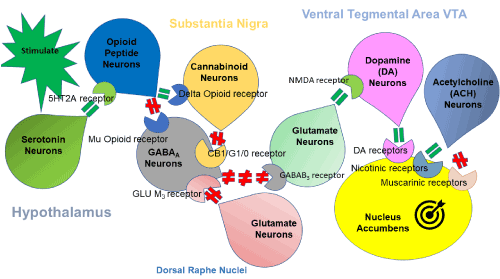
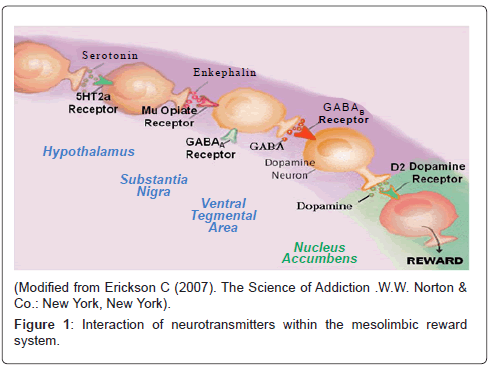
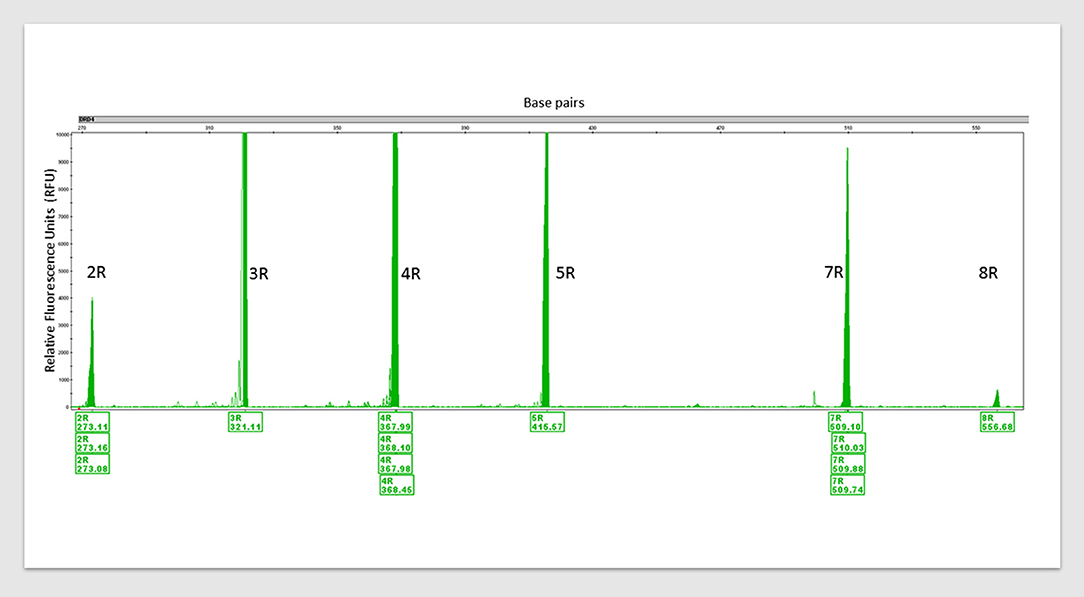

Post a Comment for "Reward Deficiency Syndrome May Contribute To"